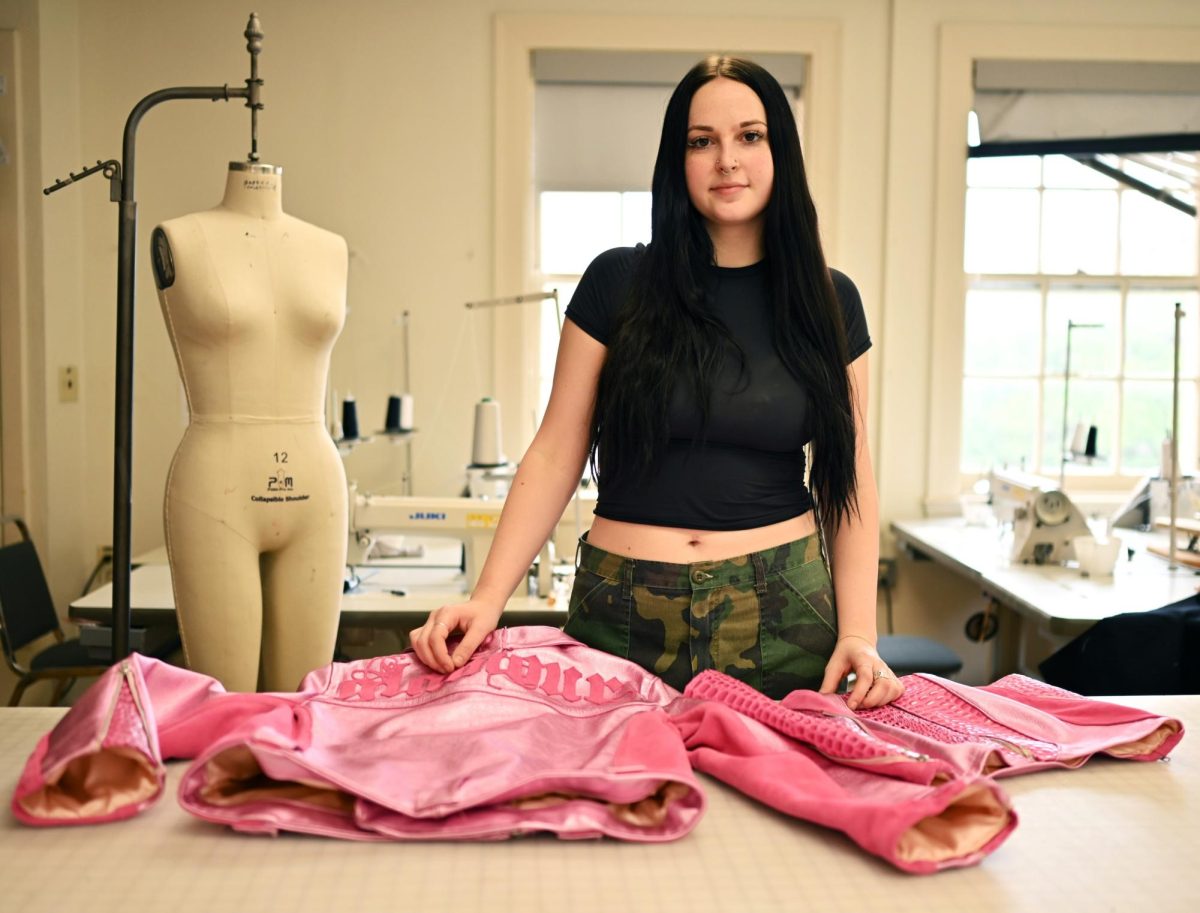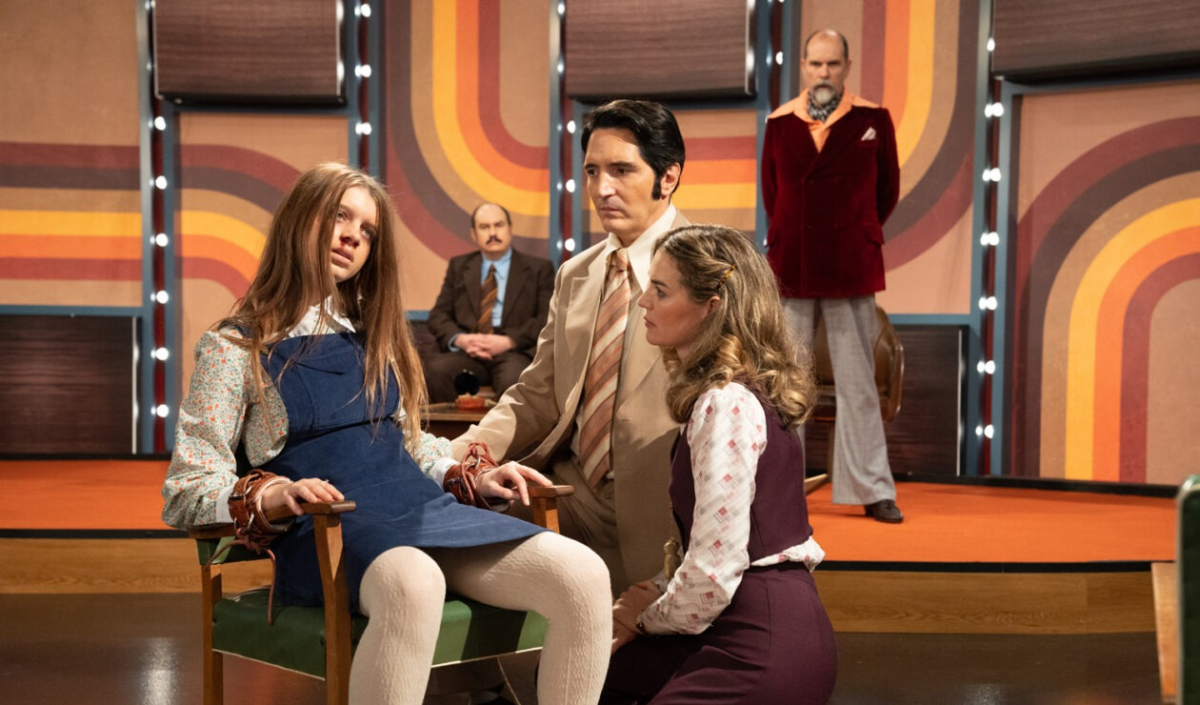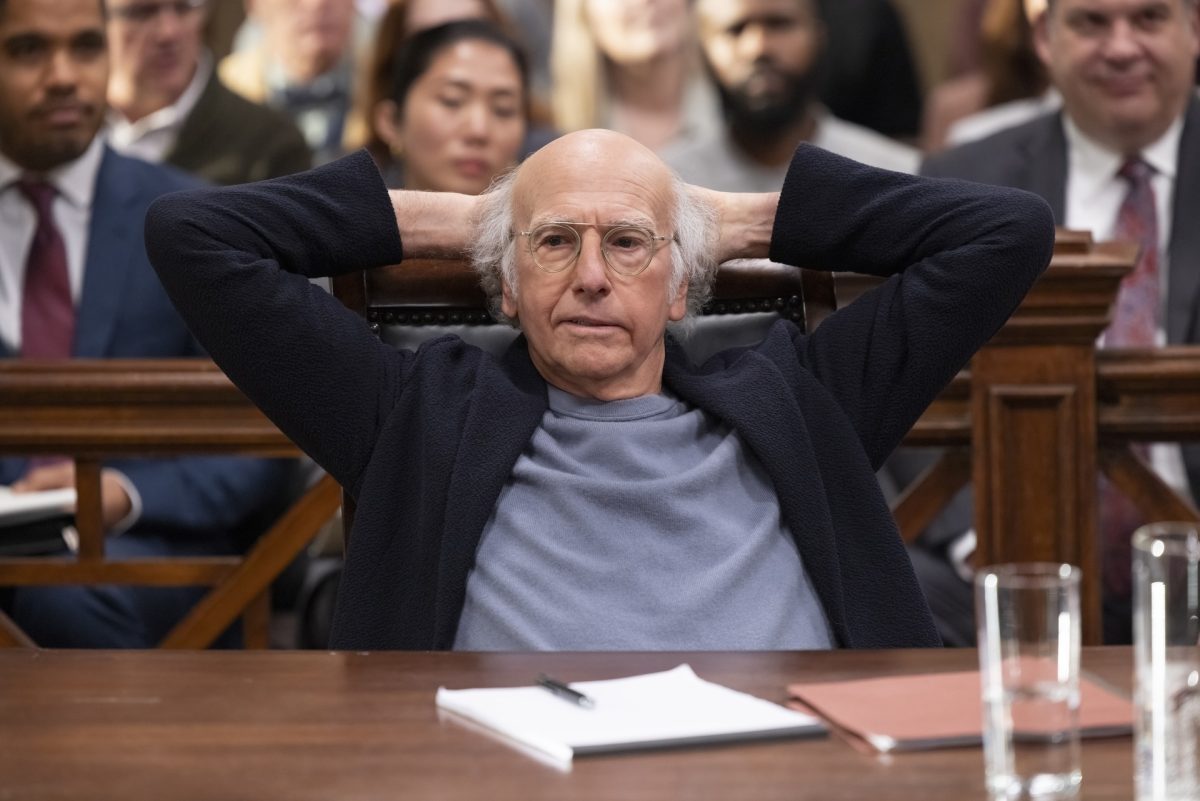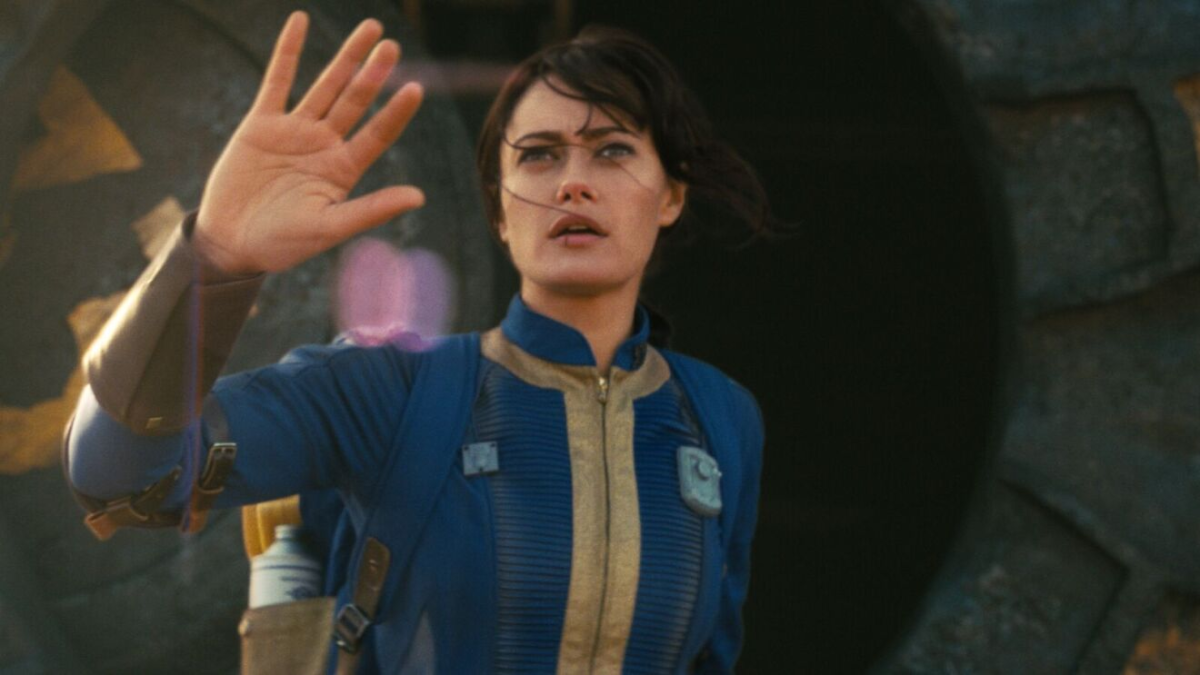The most fascinating performances in film come from actors whose distinct presence elevates the work. Star Annette Bening’s performance, equal parts hilarious and touching, propels “20th Century Women” from otherwise simple conventionality to absolute joy.
This coming-of-age story from writer-director Mike Mills delivers a decent script and a few moments of strong direction, but its success rests on the back of a dynamite cast led by Bening.
She plays Dorothea, a single mother raising her son Jamie (Lucas Jade Zumann) in Southern California in the late ’70s. The duo is surrounded by an eclectic group including their roommates Abbie (Greta Gerwig), a free spirit, and handyman William (Billy Crudup), as well as love interest Julie (Elle Fanning) who lives down the street.
Mills spends a few minutes on each character before flashing back to elaborate upon their history, telling the story of how each person arrived where they are. Jamie’s bond strengthens with each one over the roughly two-hour runtime, and each moment proves necessary to his journey toward maturity.
In Dorothea’s struggle to connect with her distant son, she initially enlists the help of William to be a strong male presence in Jamie’s life, but he fails to relate with Jamie. She instead turns to Abbie and Julie for help, challenging the idea that women cannot raise a young man without a father figure. Bening imbues her character with a certain perseverance, and even as Dorothea faces hardships and struggles, she never cracks. Through her spectacular and complex performance, Bening dominates the film with a lighthearted awareness and inherent sincerity. Dorothea’s emotions remain unwavering, despite the harsh deal her character is dealt, wisely letting the performance speak for itself.
Gerwig‘s performance brings a significant amount of warmth and charm to Abbie’s character, coming off as friendly and relatable despite a tough past. Her connection with Jamie is one of the film’s highlights, as she guides him to a feminist awakening. Jamie’s newfound knowledge of and comfort with discussing female anatomy leads to some brilliant moments of cringe-inducing humor, including an extremely hilarious dinner table sequence.
The film’s most complex dynamic is Jamie’s relationship with Julie. Fanning brings an aloofness to her character. The audience can never quite tell where her head is, because she looks up to the independent women surrounding her yet still strives to forge her own path. In some ways, Julie uses Jamie as a safety blanket, turning to him when times get tough, but unlike Julie, Jamie seeks a more romantic relationship.
Mills alters the conventional coming-of-age plot to critique modern notions of masculinity. Instead of turning to a father figure or learning traditional “manly” activities, Jamie finds his sense of self through the women in his life. Zumann plays the character perfectly with a sort of understated charm and an eagerness to learn from and connect with the people around him.
Where a lesser film may have given into nostalgia-mongering, “20th Century Women” uses its 1979 setting to ease the viewer into a sense of familiarity, but never falls into a reliance on the popular culture of the time. References to retro songs and arguments about punk bands flesh out the characters and their attachment to the world around them in an organic way, not to wink at the audience.
The movie’s final moments fail to resonate with the emotional vibe of the rest of the film, and leave the film feeling slightly aimless. Despite this, “20th Century Women” is mostly a success, arguing that the growth of a person relies not on when or where they were raised, but on the people who helped them grow.





















